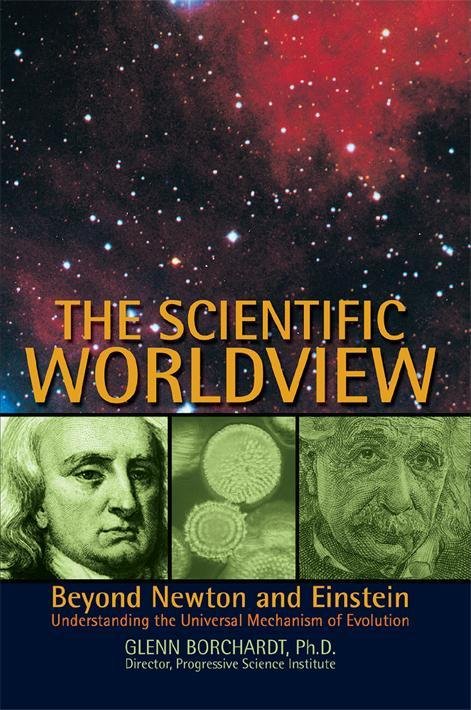Letter to Salon on “God Enough,” an interview with Stuart Kauffman (“Reinventing the Sacred”) who uses traditional systems philosophy to claim that “self-organization” is a manifestation of consciousness in the universe (sort of a sophisticated intelligent design idea):
http://www.salon.com/env/atoms_eden/2008/11/19/stuart_kauffman/index.html
The scientific worldview is the polar opposite of the religious worldview (see “The Scientific Worldview: Beyond Newton and Einstein”). Kauffmann's mix and match may be worthy of a Templeton Prize, but not of scientific philosophy. In an infinite universe having an infinite number of causes for any effect, reductionism always is necessary for understanding; so is “expansionism,” its opposite. Newton's reduction of all things to matter in motion is the premier achievement of intellectual thought. It is simple yet profound: Reality consists of things and what things do. As pointed out by your readers, this has been supremely successful in making scientific predictions for centuries. The theoretical error in Newtonian reductionism, however, is its insistence that causality is finite (a la Laplace’s Demon) and could lead to perfect predictions. But as David Bohm showed in his “Causality and Chance in Modern Physics,” there is no single case of a perfect prediction. This is because the universe is infinite microcosmically as well as macrocosmically. All mathematical equations that we use for prediction in science necessarily have a finite number of terms. Predictions can be improved by including additional causal factors via what I call expansionism. But with an infinite number of terms being possible, even an expansion can be nothing more than an approximation of the truth. This is why all measurements of the real world include a plus or minus. There always is an uncertainty that includes the infinite number of relatively insignificant causes that we find impractical to measure. It also is why real relationships are never perfectly linear. In an infinite universe, there is always something else. We don’t need to hypothesize an imaginary friend to fill that gap.










1 comment:
God is simply a non sequitur.
Post a Comment